Reporters should give thought to how they are used by activist lawyers

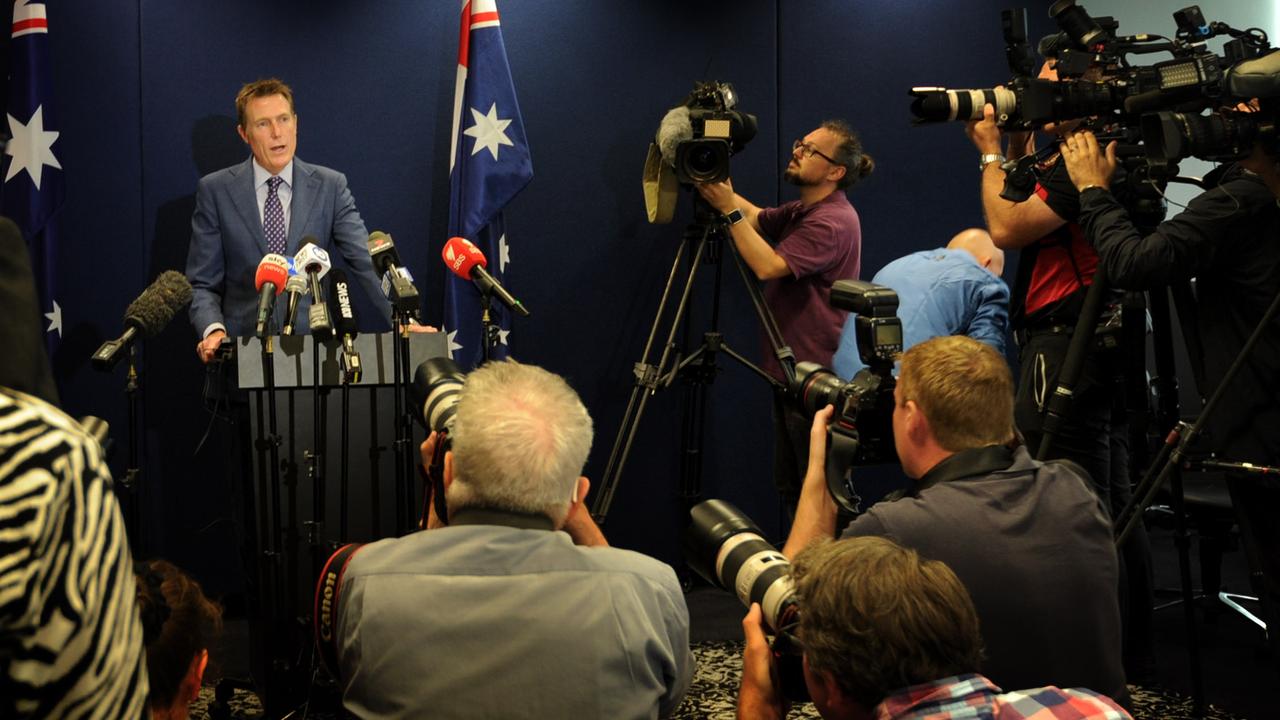
It’s something for journalists to reflect on as more activist lawyers recruit journalists to their causes, usually involving calls for judicial inquiries. All with enormous billing opportunities for lawyers.
Paddy came to mind reading a thoughtful piece in Melbourne’s Herald-Sun last Wednesday by Indigenous academic Anthony Dillon. He was sceptical of the Victorian government’s new truth and justice royal commission looking at the effects of colonisation on Aboriginal Victorians.
Dillon wrote: “I am all for truth-telling where Aboriginal Australians and the history of this nation are concerned, but … would any of their truth tellers be prepared to tell the woman in a remote community whose man belted her that it’s not his fault, but colonisation that drove him to do it?”
Dillon rejected the assumption by lawyers and journalists that legal processes can always fix social ills. In a world where victimhood is a status symbol, commissions of inquiry may give the powerless power to proclaim their disadvantage. They certainly give activists, especially activist lawyers, a platform for publicity, plus large fees. Yet they also give politicians a shield: they provide the appearance of action yet absolve politicians of responsibility for that action.
What The Australian’s Paul Kelly in December called “the cult of the royal commission’’ feeds into the debasement of our politics as a myopic focus on the dynamics of power, driven by postcolonial university courses which increasingly privilege feelings over facts. How can institutions such as parliament, the law and the media work if facts are not paramount? Politicians lacking courage to stand against fashionable mantras can outsource to judicial commissions the responsibilities they are elected to perform.
So it is with the clamour for an inquiry into the allegation that Attorney-General Christian Porter in 1988 raped a 16-year-old debater at a Sydney University world debating championship when he was a 17-year-old schoolboy. Porter vehemently denies this and the Adelaide historian who made the claim to NSW Police in February 2020 withdrew it in June, and later committed suicide.
No living individual other than Porter can ever know the truth. But that is not really the point of the push for the inquiry. Activist lawyers and legal academics claim rape victims are discriminated against by traditional concepts such as the “burden of proof”’ and “guilty beyond reasonable doubt’’. They say women, like victims of child sexual assault, must be believed.

This is a decades-long campaign. At its heart is lawyer Michael Bradley, managing partner of Sydney-based Marque Lawyers, a prominent firm in women’s rights issues. Bradley represented the woman who made the Porter allegation and now also former Liberal political staffer Brittany Higgins, who was allegedly raped in Parliament House two years ago. Bradley is a regular writer at Crikey, often about sexual consent issues. He has appeared on ABC to discuss the Porter matter. His writings are available on Marque’s website.
The Four Corners journalist who reported the ABC’s two “Inside the Canberra Bubble” episodes, Louise Milligan, says she met Bradley the day after the woman’s suicide. Milligan said on Twitter last Thursday that she first heard of the letter sent by friends of the dead woman to Prime Minister Scott Morrison the night the PM received it. Milligan broke the story of the letter on the ABC on February 26.
Bradley also represented feminist campaigner and journalist Nina Funnell in legal action against men’s rights activist Bettina Arndt. Funnell has reported on Arndt’s interview with a teacher who was jailed for sexually assaulting Australian Of The Year Grace Tame when she was a 15-year-old schoolgirl.

Funnell has criticised Arndt’s role in speaking against the Rape on Campus crisis and revealed on New Matilda early last year that Arndt’s claims to be a practising clinical psychologist were false. Arndt has a masters in psychology.
Funnell is the creator and manager of the “Let Her Speak” campaign that has championed Tame and her battle to be heard about her own assault. She has worked with News Corp, Marque Lawyers and End Rape on Campus Australia. She is a powerful advocate, Walkley Award-winning journalist and sexual assault survivor who has succeeded in opening up debate about rape.
The Let Her Speak website describes Marque Lawyers as the campaign’s legal partner “performing extensive legal and policy research … approving all written materials … produced by the campaign, participating in government consultations”.
In an interview with UK publication The Conscious Lawyer in August 2017, Bradley described Marque’s vision: “There are huge opportunities to reimagine not only how to run a law firm but actually how to use the law for better outcomes. Law is rigid. Because of this it is losing its social value.”
Marque also has a formal financial relationship with GetUp, a strong supporter of the Labor Party.
Fair enough, and all a legitimate part of political lobbying. It’s just most journalists and politicians don’t know all this. And voters, the ultimate holders of democratic power, may have a different view.

Sydney barrister Geoffrey Watson, formerly counsel assisting the NSW Independent Commission Against Corruption, supports an inquiry into the Porter allegation. Yet Watson’s time at ICAC was punctuated by several cases in which individuals were maligned in public ICAC hearings only to be later cleared in court.
The Daily Telegraph on Wednesday reported NSW Director of Public Prosecutions Lloyd Babb SC had told ICAC’s parliamentary oversight committee that ruining someone’s reputation is part of the punishment for bad behaviour.
“Any reputational impact is a necessary and intended consequence of ICAC exercising its functions to expose and prevent corruption in the NSW public service,” Babb said in a submission to the hearing.
“Such effect was clearly intended by parliament both as a deterrent and a form of punishment for undesirable conduct in the public sphere.”
Mr Babb opposed a plan to allow people cleared by a court to have adverse ICAC findings expunged. That’s the problem with star chambers, and why this newspaper opposes a federal ICAC.
Opposition legal affairs spokesman Mark Dreyfus gave the political game away with Fran Kelly on RN Mornings on Wednesday. He said an inquiry should decide if Porter is fit for office. Wrong. Porter holds his Cabinet position at the discretion of the Prime Minister and his seat at the whim of voters.
It will be a sad day when lawyers get that sort of veto over elected politicians.

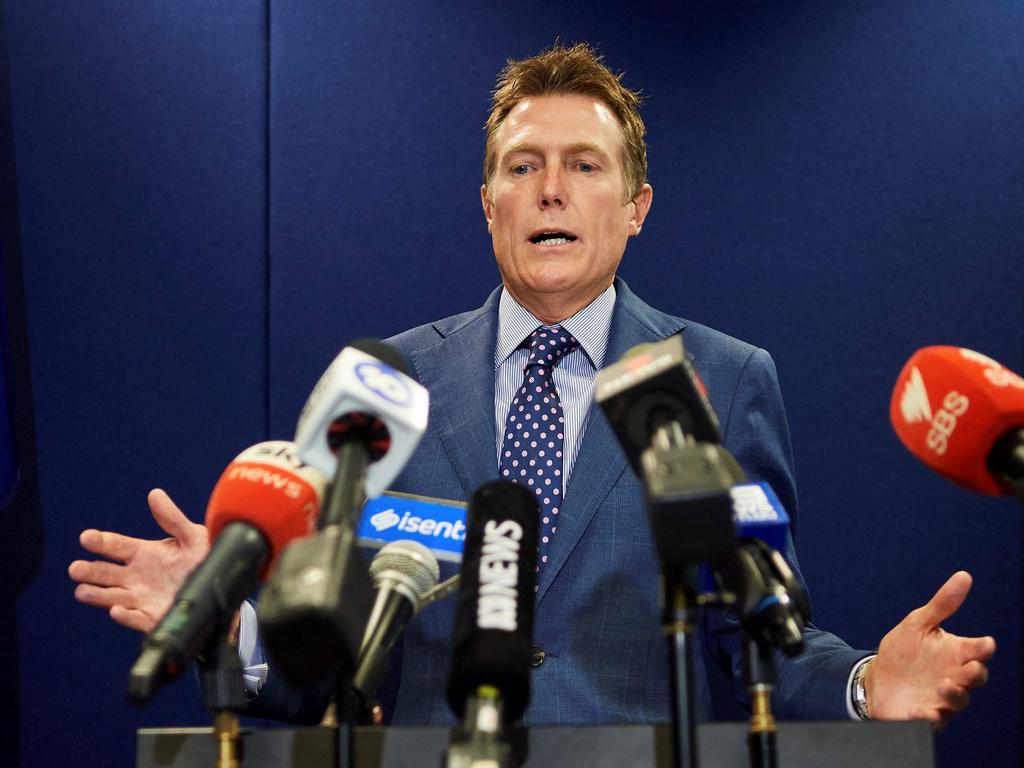
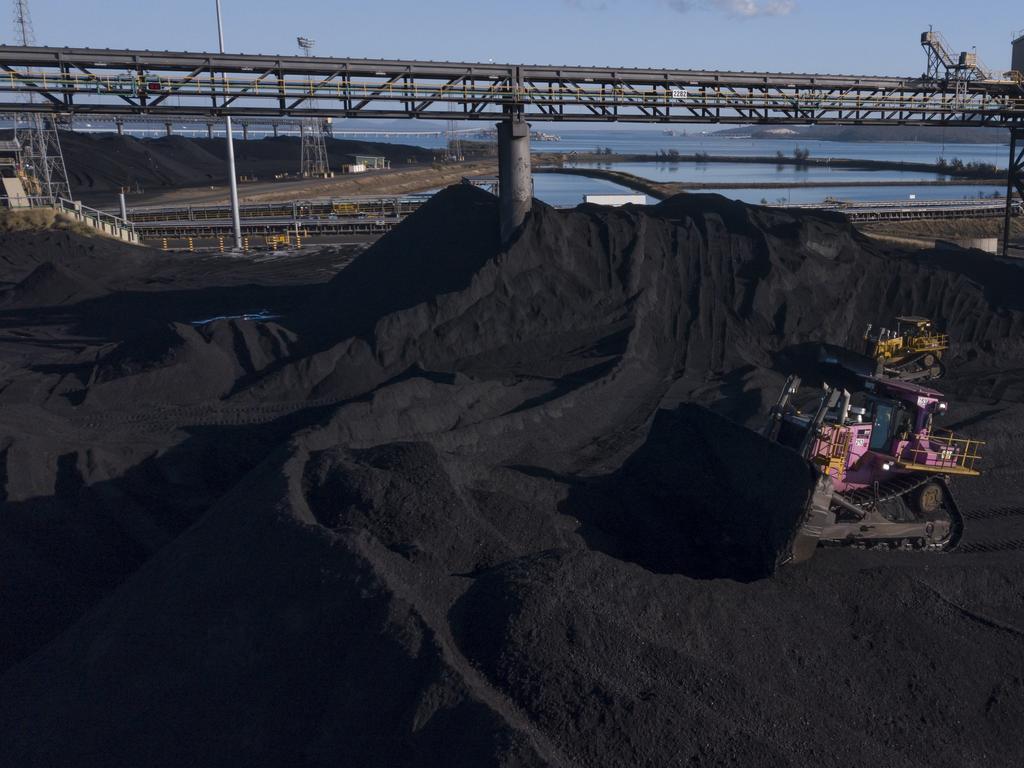
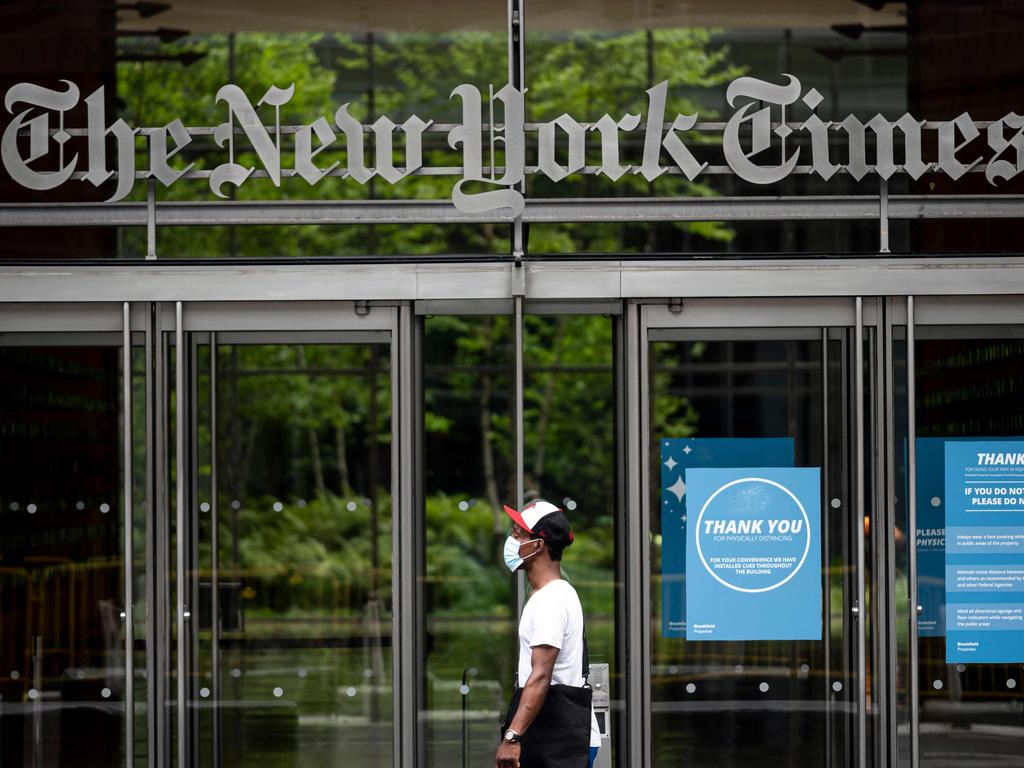
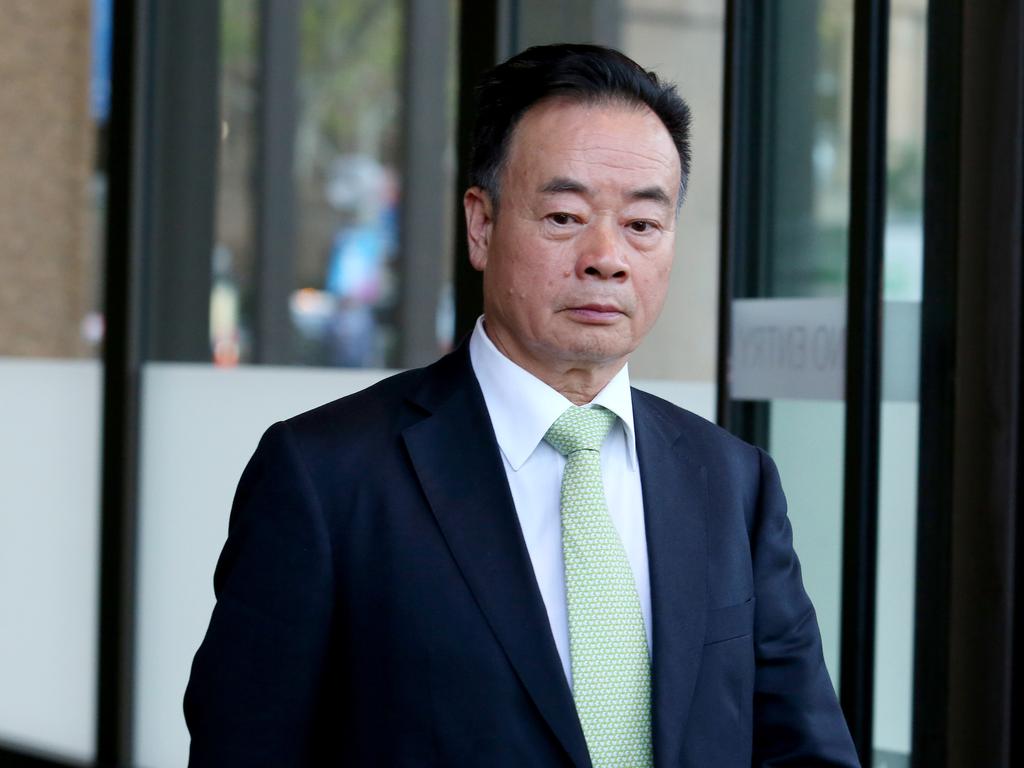


The late Paddy McGuinness, one-time daily columnist at The Australian and former editor-in-chief of The Australian Financial Review, often said the more lawyers a society produced the less successful it would be.